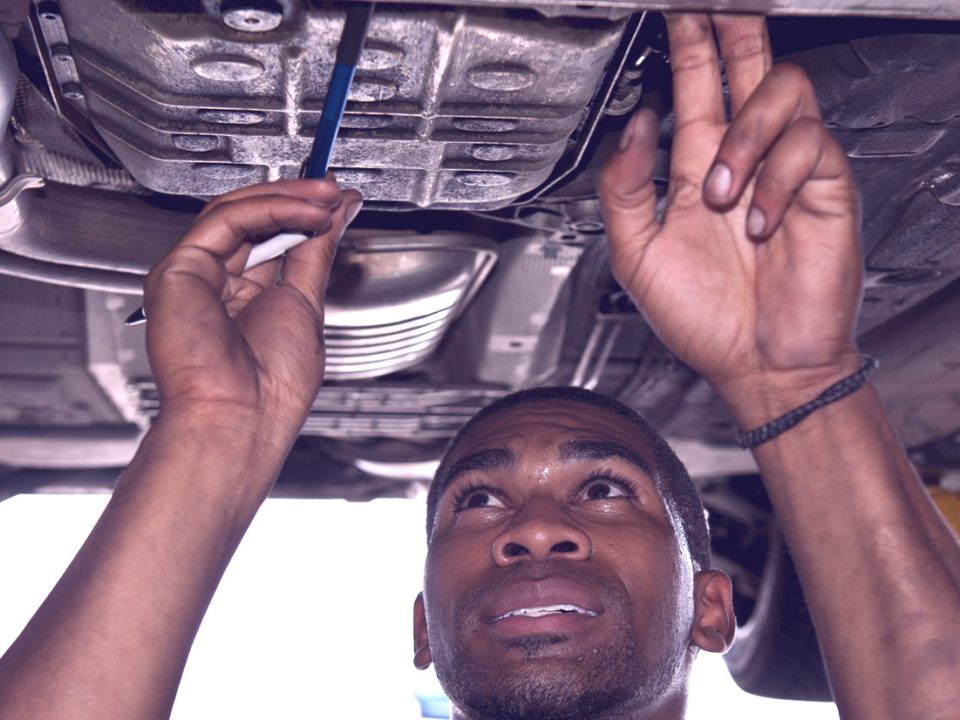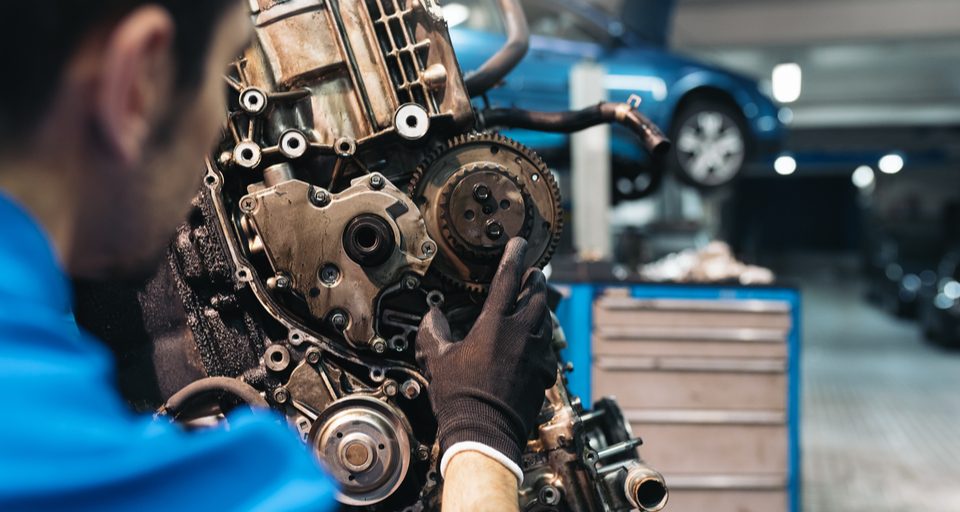
The Evolution of Motor Mechanics: Staying Updated with Industry Trends
August 11, 2025
How to Choose the Right Training Centre for Your Automotive Career
August 11, 2025Passing your trade test is a significant milestone in your journey as a motor or diesel mechanic. It proves that you have both the theoretical knowledge and the practical skills to work independently in the industry. At OTC Training Centre, we prepare learners thoroughly for this crucial step, and we want to share some practical tips to help you succeed.
Understand the Structure of the Trade Test
Before you begin your preparation, make sure you understand how the trade test is structured. In South Africa, the trade test assesses both theoretical knowledge and hands-on competence. You’ll be tested on areas like fault finding, engine repair, braking systems, electrics, and routine maintenance. Knowing what to expect helps you prepare more effectively.
Follow a Training Plan
Preparation should be systematic. At OTC Training Centre, we provide learners with structured training that covers all areas of the trade test. Whether you’re focusing on diesel or petrol engines, we guide you through each topic step by step. Having a plan keeps your progress on track and builds your confidence over time.
Practise with Real Tools and Equipment
The trade test is not theoretical alone. You’ll be expected to work with tools and complete tasks in a workshop setting. That’s why we emphasise hands-on training at OTC. The more time you spend practising real tasks, from diagnosing faults to stripping and assembling components, the more natural it will feel during the test.
Ask Questions and Learn from Mistakes
No one gets everything right the first time. That’s why our instructors at OTC encourage questions and active participation. If you’re struggling with something, it’s better to ask now than wait until test day. Learning from mistakes is part of mastering your craft.
Master Time Management
One common challenge during the trade test is time pressure. You will need to complete several tasks within a limited timeframe. During your training at OTC, we simulate test conditions to help you learn how to work efficiently without compromising on quality. Practising under timed conditions helps you stay calm and focused.
Focus on Safety and Accuracy
Examiners look closely at how safely and precisely you perform tasks. Even if you can fix a component quickly, it means little if you do it in an unsafe manner or miss a step. We train our learners to be methodical and safety-conscious, which is not only good for the test but essential for long-term success in the industry.
Revise Your Theory
Do not underestimate the importance of the theoretical component. Understanding basic concepts, like how diesel combustion works or how electrical circuits are diagnosed, helps you work more efficiently in the practical sections. We provide revision materials and mock exams at OTC to make sure your theory is just as strong as your practical skills.
On the day of the trade test, your mindset matters. Make sure you are well rested, eat a good meal, and arrive early. Being calm and prepared can make all the difference. OTC trainers also help learners build confidence and mental readiness as part of our training approach.
Know the Standards
Trade tests are conducted according to national occupational standards. That means there are set criteria you need to meet. Our curriculum at OTC Training Centre is aligned with these standards, ensuring you’re being prepared for exactly what the test requires.
Conclusion
Passing your trade test is achievable with the right preparation, training, and support. At OTC Training Centre, we take a practical, learner-focused approach that equips you with the knowledge and confidence you need. With commitment, practice, and the right guidance, you can take this important step towards becoming a qualified artisan in South Africa’s motor industry.




